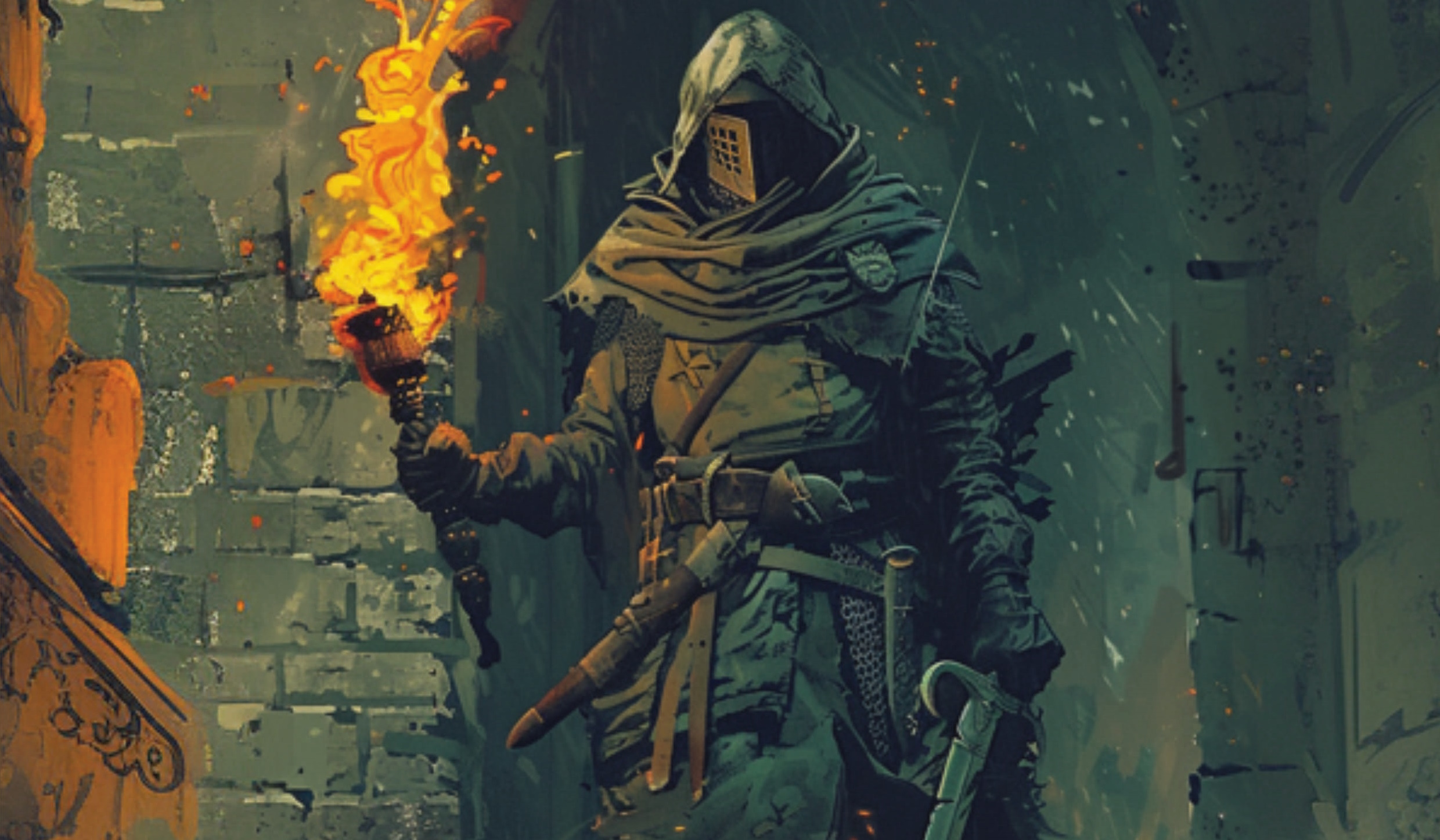Ask the Readers: One campaign, several GMs
Regularly I hear or read about campaigns in which the gamemaster is not a permanent position held by just one person, but everyone from the group takes on the GM’s mantle from time to time. For a lot of people that even seems to be the traditional way to do it.
Since I started playing pen & paper roleplaying games in the early ‘90s I’ve participated in a lot of campaigns. And usually a campaign has one dedicated GM and when another person wants to run a game we then switch to a new campaign. I don’t think it has happened that often that someone took over another GM’s campaign. For some reason it just doesn’t feel right to mess with other people’s worlds.
As regular readers of this blog you will probably have noticed that I have been reading a lot of narrativist games recently. What a lot of this games have in common is that the players usually have much more influence on the world and how the story evolves than in more traditional games, like D&D for example. The gamemaster has to give up a good amount of control already, so why am I bothered by the idea of several GMs in charge of a single campaign.
One thing I am definitely not too fond of are gamemaster characters. I am talking about those special NPCs of a GM that are run as if they were player characters. More often than not these NPCs steal the show from the players and ruin the game for everyone. When someone who is not the regular GM takes over, their player character may become such a special NPC.
So, what are you thoughts on this subject? Is it ok for you when several people share the position of the GM from time to time. Or is this something you avoid like the plague? Please let your voices be heard in the comments below!



9 comments